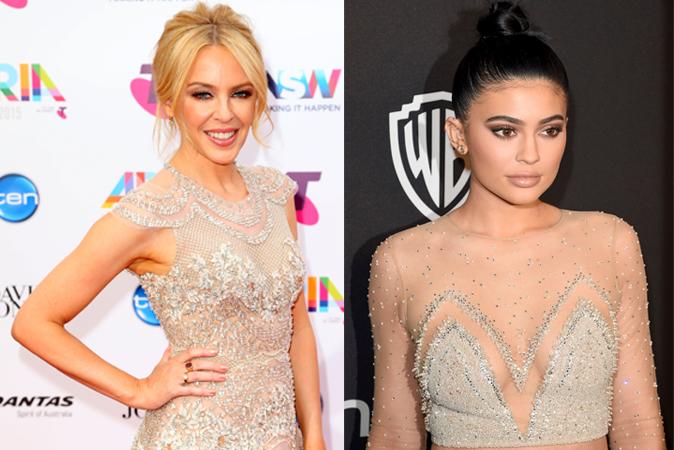Australian pop star Kylie Minogue recently started a legal battle against 18-year old TV personality Kylie Jenner over the trademarking of their shared first name.
New kid on the block Jenner, who is best known for appearing on the reality TV series Keeping up with the Kardashians, has tried to trademark the name in connection with advertising her growing beauty and clothing collections. Her rival, Minogue, has been famous since well before Jenner was born. And, more importantly, has a strong legal case.
Kylie Minogue is famous across the world as an actress and pop singer.


